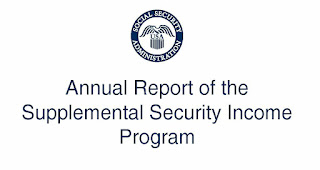From Deputy Comm
Grace Kim.
Subject: Operations Re-entry Plan
Earlier today, Acting Commissioner Kijakazi issued a
broadcast message to provide preliminary information about SSA’s re-entry
plan. I am building on that message to
share how Operations fits into that plan.
I want to emphasize that your safety and the safety of the public we
serve continues to be a priority not only in our current operating posture, but
also in how we will re-enter our offices. We will continue to monitor and
follow the government-wide, science-driven advice of the Centers for Disease
Control and Prevention.
I know most of you are curious about Operations’ future
telework plan. The global pandemic has
changed our operating environment, how and where we work, and highlighted those
areas where we are not meeting our public’s needs. Over the course of the past 19 months, we
have learned that we can effectively accomplish some work while teleworking,
but our public service responsibilities mean that we still need to do some work
onsite.
In Operations, I am planning for greater flexibility for
telework for employees. We will use the
lessons learned throughout the pandemic to inform how we implement a telework
plan that allows employees to work from home and ensures that we effectively
serve the public and carry out our mission.
We will work closely with AFGE to ensure we meet all labor
obligations. I am excited to share that
I have proposed a telework program that will allow most Operations employees
the opportunity to telework between 2-5 days a week depending on your job
duties. Soon, your supervisor will share the telework availability for your
position and give you 30 days’ notice before we transition to our new telework
plan, which at earliest will begin in January.
Until then, we will continue to operate as we have been under our
current Workplace Safety Plan.
After we have completed re-entry and implemented our
telework plans, we will evaluate how we are doing. This evaluation will inform our longer-term
plans as we enter Fiscal Year 2023.
I want to thank you for your hard work and commitment to
serving the public during this unprecedented time. I appreciate your patience as we consider how
to safely re-enter the workplace. I will keep you updated on the re-entry
process.
Grace



